I took the 4-Apr-2005 America with me when I took Dan to the doctor yesterday and came across a couple of articles that hit really close to home. One of these was “Iraq’s Urgent Need for A Reconciliation Ethic” where I found these words:
In the Old and New Testaments, reconciliation means “restoration of right relationship.†The Christian tradition emphasizes restorative practices of healing, repentance and forgiveness between individuals. Now John Paul II is advocating these for collectivities: nations, civilizations and the church itself.
Yes – nations need reconciliation, just as each of us needs it. Perhaps that can only be understood by practicing it ourselves as individuals.
When I started counselling several years ago I was presented with the idea that I had to forgive. Well, duh! I thought I knew that. In the intervening time, I’ve had the opportunity to practice forgiveness and reconciliation again and again and to grow in peace from the experience. It seems I don’t always welcome these “opportunities” but I’m always much more whole and at peace after I recognize and tackle them.
One of the most difficult parts for me is the remembering and naming of hurts. To forgive is not to forget. To forgive is to remember and make peace so that the remembering no longer causes the pain but helps me to look beyond. I don’t like confrontation. I hate confrontation. I don’t really like the sorting and identifying that goes with getting to the bottom of why I am angry/scared/hurt. I don’t like looking it in the face. But, then, I really do like the results of facing down a hurt or fear, forgiving, making peace and moving on- usually much closer to person I had the problem with in the first place.
And then, perhaps I can gain the courage to stand my ground and insist that my country be reconciled with other nations. That my nation must reconcile with itself. Then, and only then will the world move toward peace instead of just trying to squelch conflict.
The article talks about the healing (not complete, but a part of it) that comes of telling the story of the hurt. In South Africa the Truth Commission helped people through this by giving a forum so that the hurts could be named and then dealt with. It seems to me that Iraq will need to do the same. And for me, the sacrament of Reconciliation functions that way. I take myself to the sacrament to help to name both the hurtful things that I am responsible for and to name the hurts I perceive as being inflicted on me. It helps me both to ask forgiveness for what I have done and to seek reconciliation no matter who is the culprit.
Life is just to short to spend all that energy stoking the fires of revenge and generating more hurt. Life is too short to spend the time feeling miserable about where I have failed. Life requires that I make amends where I can and then move on without the baggage. I don’t manage to live up to this wonderful ideal as much as I would like, but still – I must try because life is too short to waste it hauling the baggage around.
That’s my story and I’m sticking to it.
